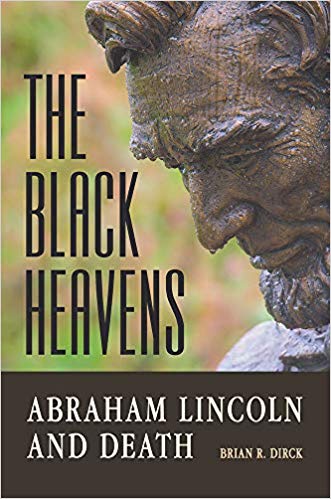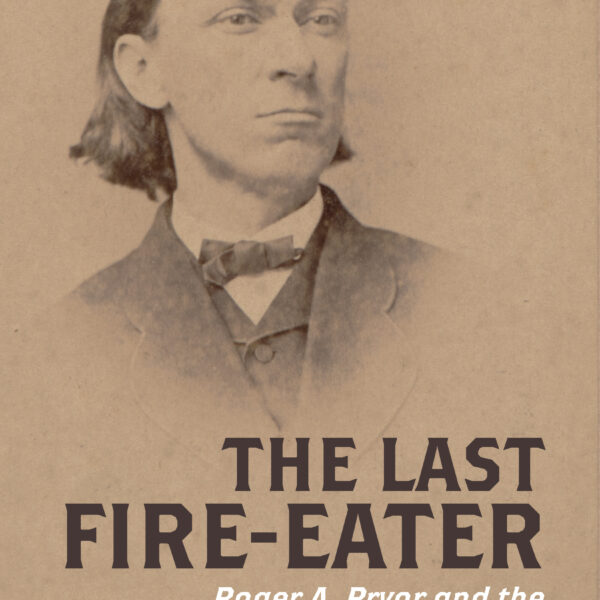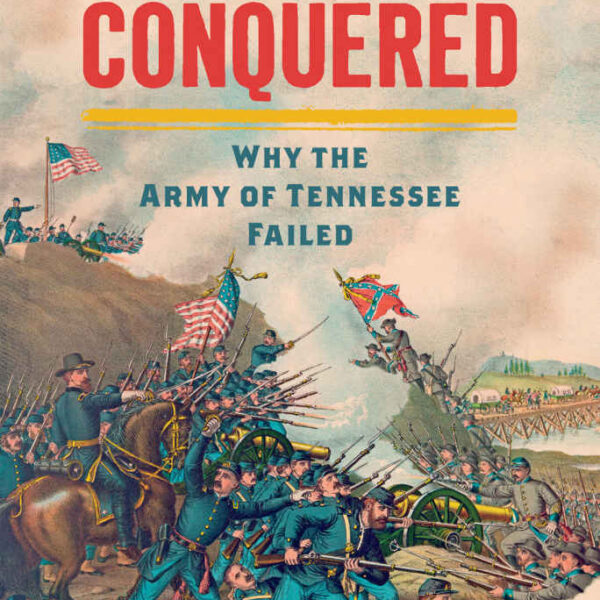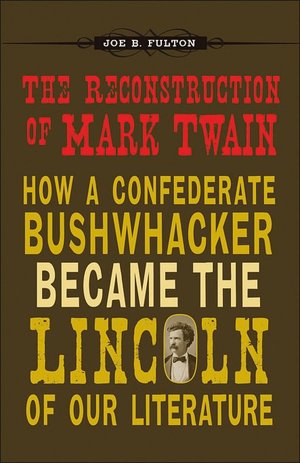Brian R. Dirck has spent his career approaching the life of Abraham Lincoln from some oblique angles. Published in 2001, his first book offered an illuminating comparison of Lincoln and his rebel counterpart, Jefferson Davis. In Abraham Lincoln and White America (2012), he sought to understand Lincoln with the rubric of “whiteness studies.” In between, the Anderson University professor has considered Lincoln as a lawyer, emancipator, and Constitutional theorist. Dirck’s latest effort—the first book-length treatment of the sixteenth president’s long relationship with death—will hardly disappoint those familiar with his prolific scholarship.
Lincoln encountered death throughout his life. He was just nine years old when his mother, Nancy Hanks, succumbed to the complications of milk sickness on the Indiana frontier. A decade later, he lost his sister, Sarah. Lincoln wrote precious little about their deaths, but the author surmises that the much-vaunted nineteenth-century notion of a “Good Death” held out few charms for him. “He learned very early in his life that death could be and often was raw and unforgiving,” Dirck writes (21). Still, when the Lincolns lost their young son, Eddy, to a childhood illness in 1850, they heeded the mourning customs of Springfield, Illinois, their adopted hometown.
Without a substantial body of evidence to draw upon from Lincoln’s early years, Dirck parses the future president’s “taste in poetry, literature, and Shakespeare” for the roots of his ideas about death. These sources “gave him an appreciation of death’s mystery and unknowability.” At the same time, Lincoln’s “legal training and political instincts” instructed that death “could be rationally analyzed, defined, and manipulated in a more detached manner” (56). Still, Lincoln did not “care much for sentimentalizing death in the political arena,” and he refused to exploit his friend Elmer Ellsworth’s death at the hands of an open rebel, though it might have rallied men to the Union cause (50).
Yet that was 1861. With its ever-lengthening casualty registers and rows of freshly-made graves mocking any pretense of glory, the war demanded that Lincoln embark on “a new relationship with death” (131). Annexed with grief over the death of his eleven-year-old son, Willie, and staggered by “the war’s volatile mix of death, violence, and race,” Lincoln neither swiftly nor immediately embraced his new role as mourner-in-chief; instead, he “slowly” and “steadily” reached “a place where he could stand and direct the nation with reasonable calm” (125, 150). He did so, Dirck argues, “by releasing control of the killing and the dying to a higher plane” (148). In short, Lincoln “learned to accept death as a necessary price to pay for the Union” (5). Sustaining the Union war effort meant accepting still more losses—even those that appeared senseless or avoidable.
Developing “a clearer vision of what the dying truly meant,” Dirck suggests, was essential to Lincoln’s wartime leadership (168). This evolution of thought is evident in some of Lincoln’s most cherished public speeches (173). At Gettysburg, he not only conceded that “he possessed no real control over the war’s dead,” but cautioned that the grim reaper’s work would continue (148). But in the Second Inaugural, which outlined the “challenging project of restoring the American Union,” Lincoln was less reluctant to “press the war’s dead into [the] service” of reconstruction (169).
Still, through it all, Lincoln “was never so arrogant as to believe he fully understood” death (173). In the end, his essential humility proved a steadying force for his volatile times. Students of the sixteenth president will want to add this concise, thought-provoking, and sensitively written volume to their bookshelves.
Brian Matthew Jordan, Assistant Professor of History and Director of Graduate Studies in History at Sam Houston State University, is author of Marching Home: Union Veterans and Their Unending Civil War, a finalist for the 2016 Pulitzer Prize in History, and co-editor of The War Went On: Reconsidering the Lives of Civil War Veterans, forthcoming with Louisiana State University Press.




